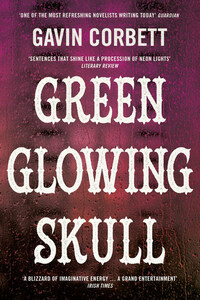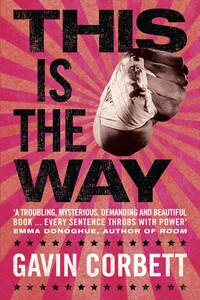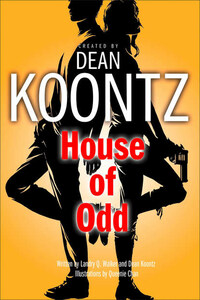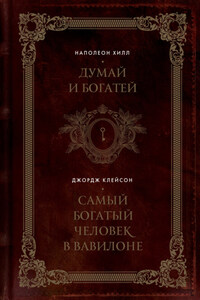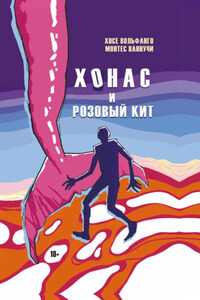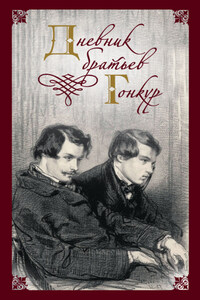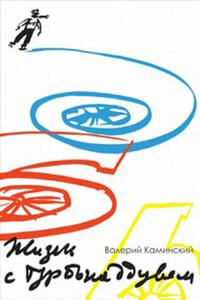Fourth Estate
An imprint of HarperCollinsPublishers
1 London Bridge Street
London SE1 9GF
www.4thestate.co.uk
Copyright © Gavin Corbett 2015
Cover images © Angelo Morelli/Millenium Images, UK (main image); Shutterstock.com (skull)
Cover design © Kate Gaughran
The right of Gavin Corbett to be identified as the author
of this work has been asserted by him in accordance
with the Copyright, Designs and Patents Act 1988
A catalogue record for this book is
available from the British Library
All rights reserved under International and Pan-American Copyright Conventions. By payment of the required fees, you have been granted the non-exclusive, non-transferable right to access and read the text of this ebook on-screen. No part of this text may be reproduced, transmitted, downloaded, decompiled, reverse engineered, or stored in or introduced into any information storage and retrieval system, in any form or by any means, whether electronic or mechanical, now known or hereinafter invented, without the express written permission of HarperCollins e-books.
Source ISBN: 9780007594306
Ebook Edition © May 2015 ISBN: 9780007594337
Version: 2016-02-18
A round unvarnished tale is that delivered to our representative by Mr. J.F. McCormack, the Irish tenor, who has just returned from St. Louis. Mr. McCormack’s narrative is a model of moderation, and contains ample internal evidence that he has exaggerated neither in one direction nor the other. From what came under his own observation it is plain that there were at least a couple of disgusting exhibitions of stage-Irishman antics … If the matter ended at what Mr. McCormack saw himself it would appear that there has been a good deal of high colouring in the charges levelled against the management of the theatre. The narratives of Mr. Digges, Mr. Ewing, and Miss Quinn, of the Irish Literary Theatre, have, however, yet to be obtained, and it may well be that they will supplement the facts related by Mr. McCormack.
From a report in The Dublin Evening Mail, July 21, 1904
A thought … will fly from us and only return again in the darkness crying in a thin, childish voice which we may not comprehend until, with aching minds, listening and divining, we at last fashion for it those symbols which are its protection and its banner.
JAMES STEPHENS, The Crock of Gold
Rickard Velily’s first job in New York was as a reporter for a small local newspaper. He did not stay long in the job because it was apparent that the other people who worked in the newspaper were doing so as a sort of retirement project. He felt guilty spending time with them when, after all, he had fled his elderly parents in Ireland. The stories the newspaper wanted him to investigate seemed designed to frighten him off New York. In his first week he was asked to write about the city’s wild shih-tzu population. It was said that a person was never more than twenty feet away from a shih-tzu in New York. A small number of these shih-tzus were the creatures that looked like paper lanterns that were jogged around on the ends of leashes but most shih-tzus in New York were wild creatures with orange in their beards that lived in pipes under the street. Rickard could not find evidence to prove that any of this was true. The proprietor of the paper was a billionaire’s widow who involved herself in its newsroom affairs because she felt she owed something to society. She had come to New York as a child during the golden and only age of airship travel and she had an ambition to bring back this method of travel. Somebody put it to her that the gases that had been used in airships were dangerous. She said she would not use combustible gases in her airships but normal air filtered of the heavier pollen released by genetically modified crops and urban tree cultivars. Before she had a chance to rope Rickard in in some way on this folly or on some other aspect of her life he was gone.
Now he was idle and, thinking of things he could do to occupy himself, he settled on trying to realise a recent and half-baked ambition to become a singer. Lately he had discovered he had not only a certain unrefined talent for singing but a repertoire of songs within him that he had not known was there. All of this emerged on his last night in Dublin when his parents put on the traditional emigrant’s wake. This had been an unexpected move on their part because his father did not have much of an attachment to Irish traditions and his mother had a learning disability. To the last minute they misunderstood why he was leaving for America. They thought it might have been because he was angry over his sweetheart. He was angry over his sweetheart, it was true, but people do not move away from the sources of their anger unless they have been told to do so by a counsellor or a court. No, he left for America mainly because of his parents: he had been an only child and he did not want to have to care for them and he could not suffer to see them decline. About his absence from their lives, he hoped that they would remain healthy enough to care for one another to the end of their days, and that they would die more or less simultaneously. He comforted himself with the thought that they had good neighbours and many relatives, and that he was not, in any event, very entertaining company for them.
